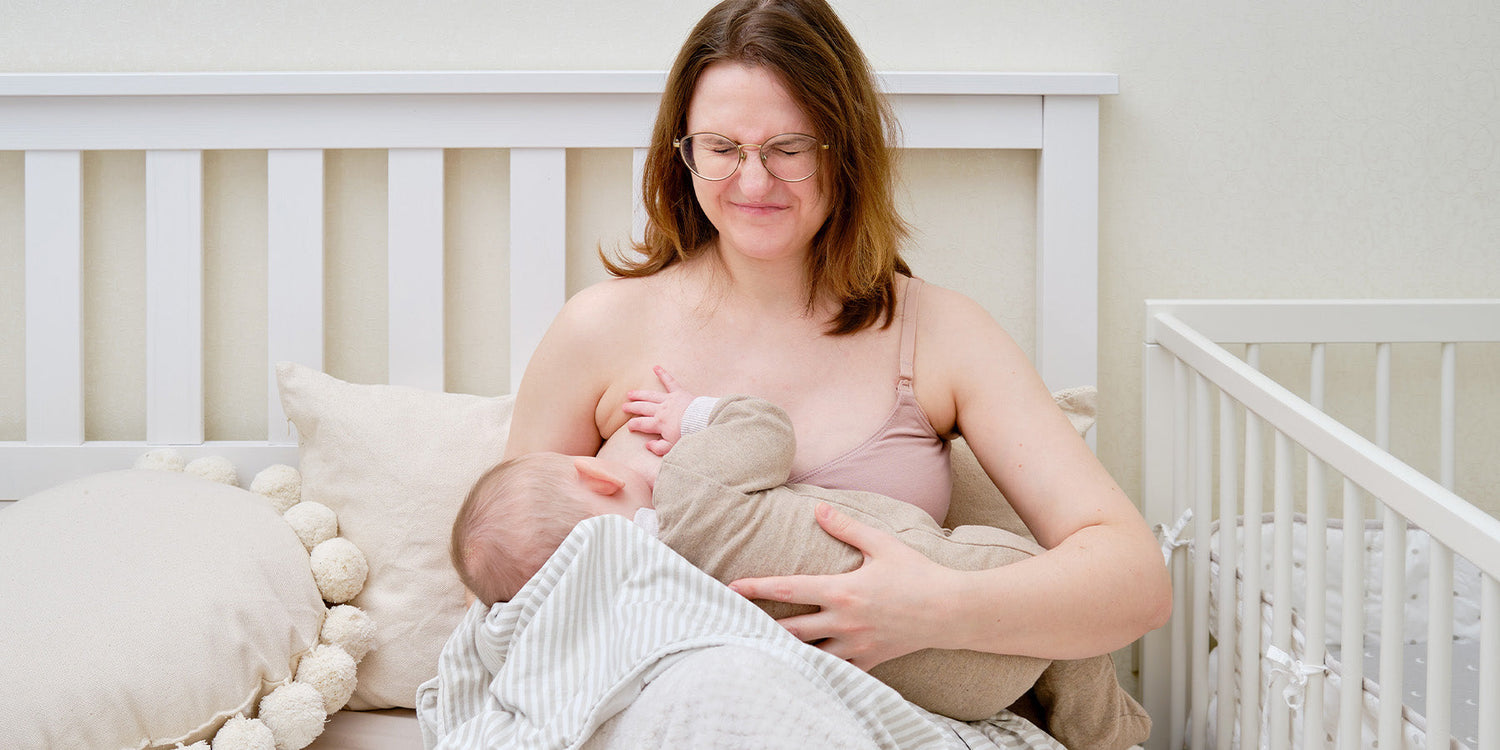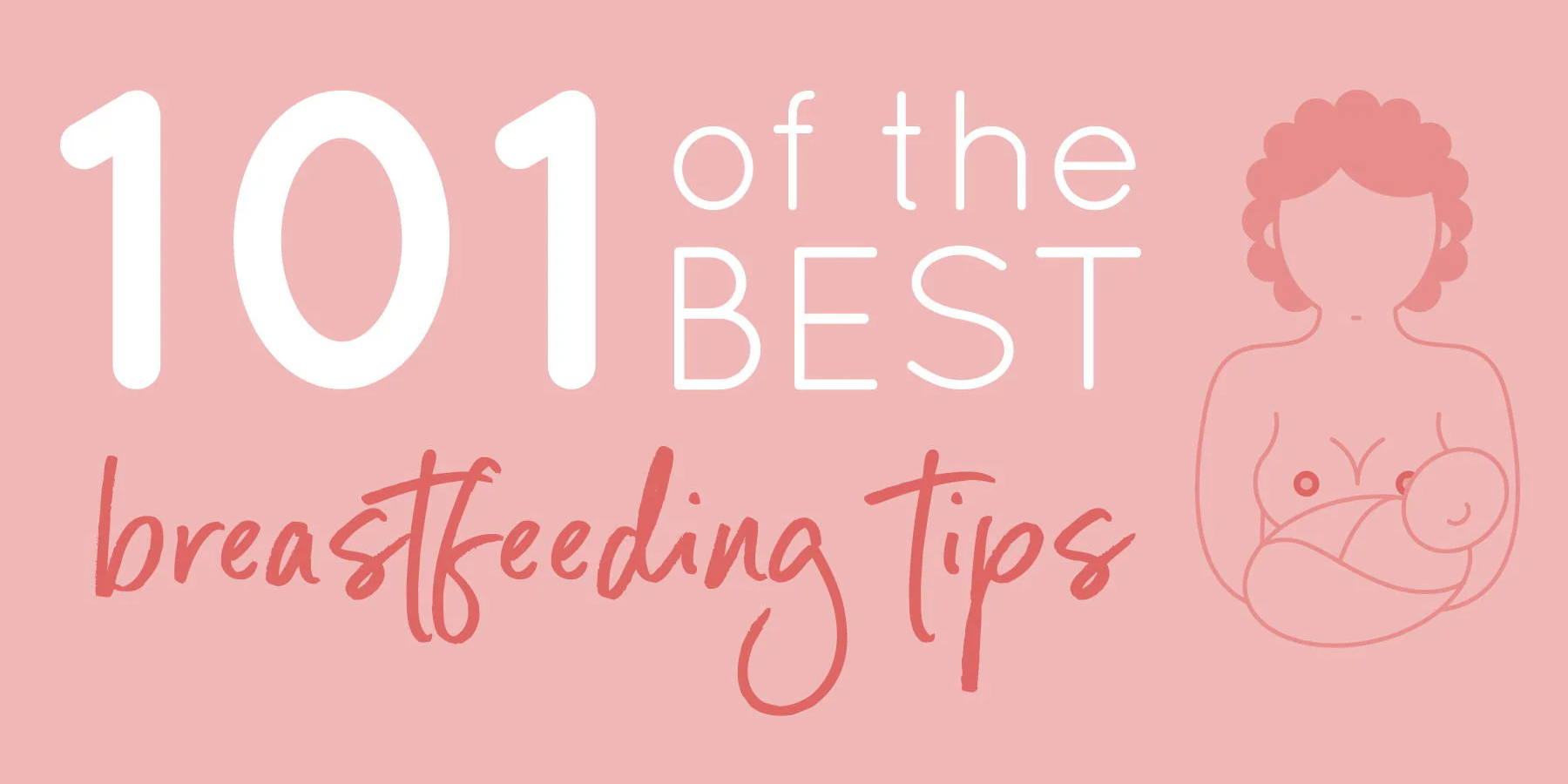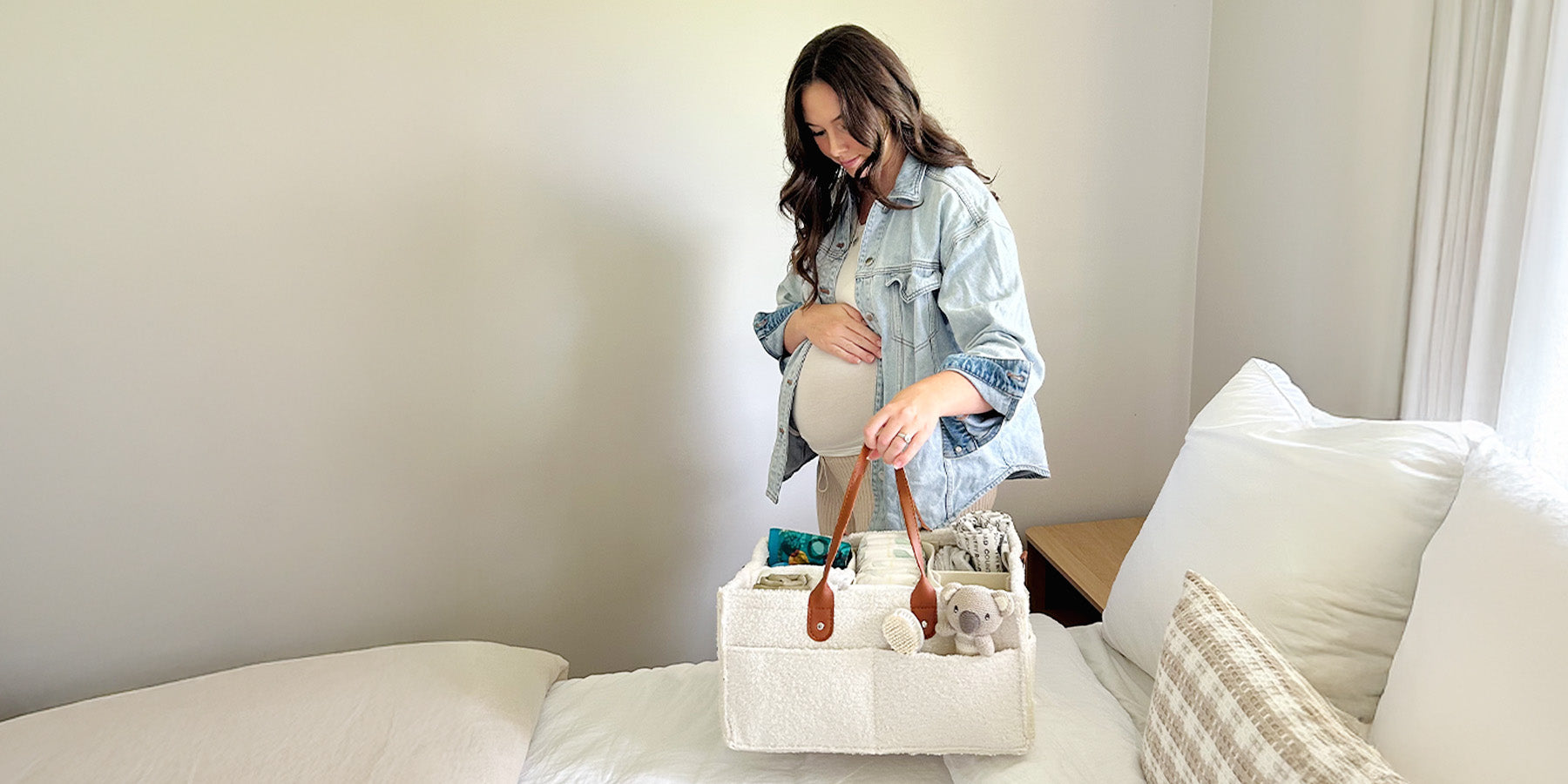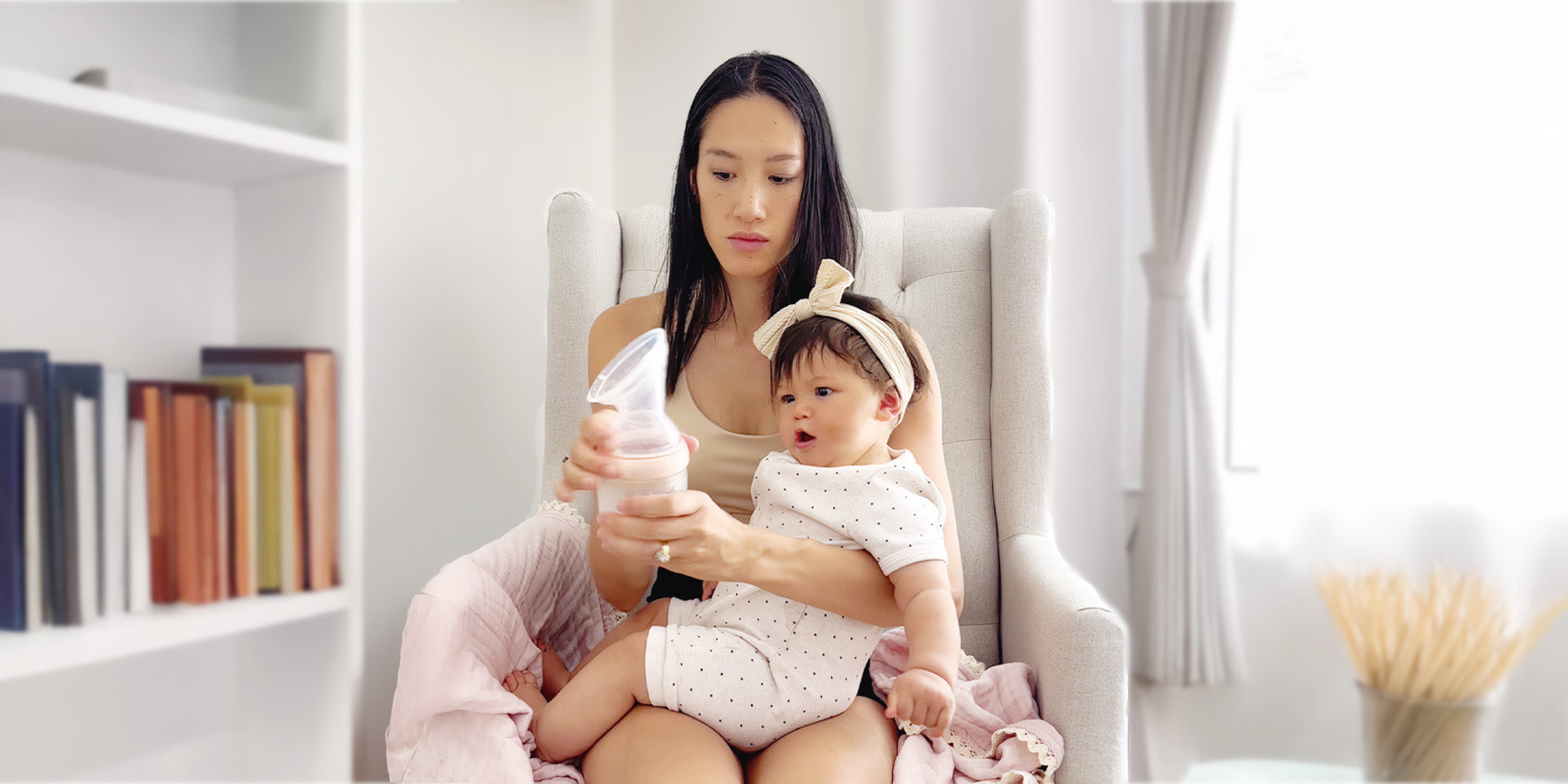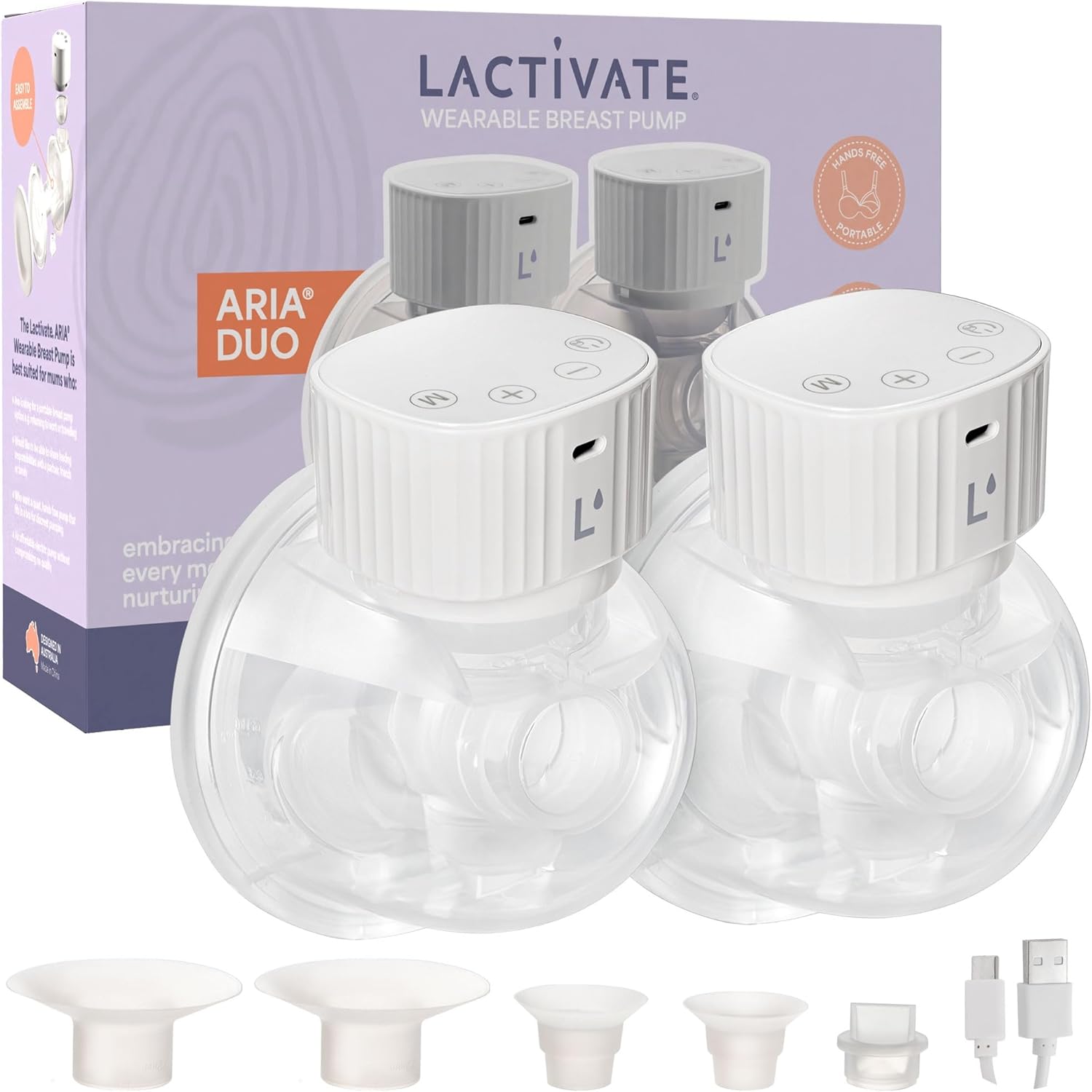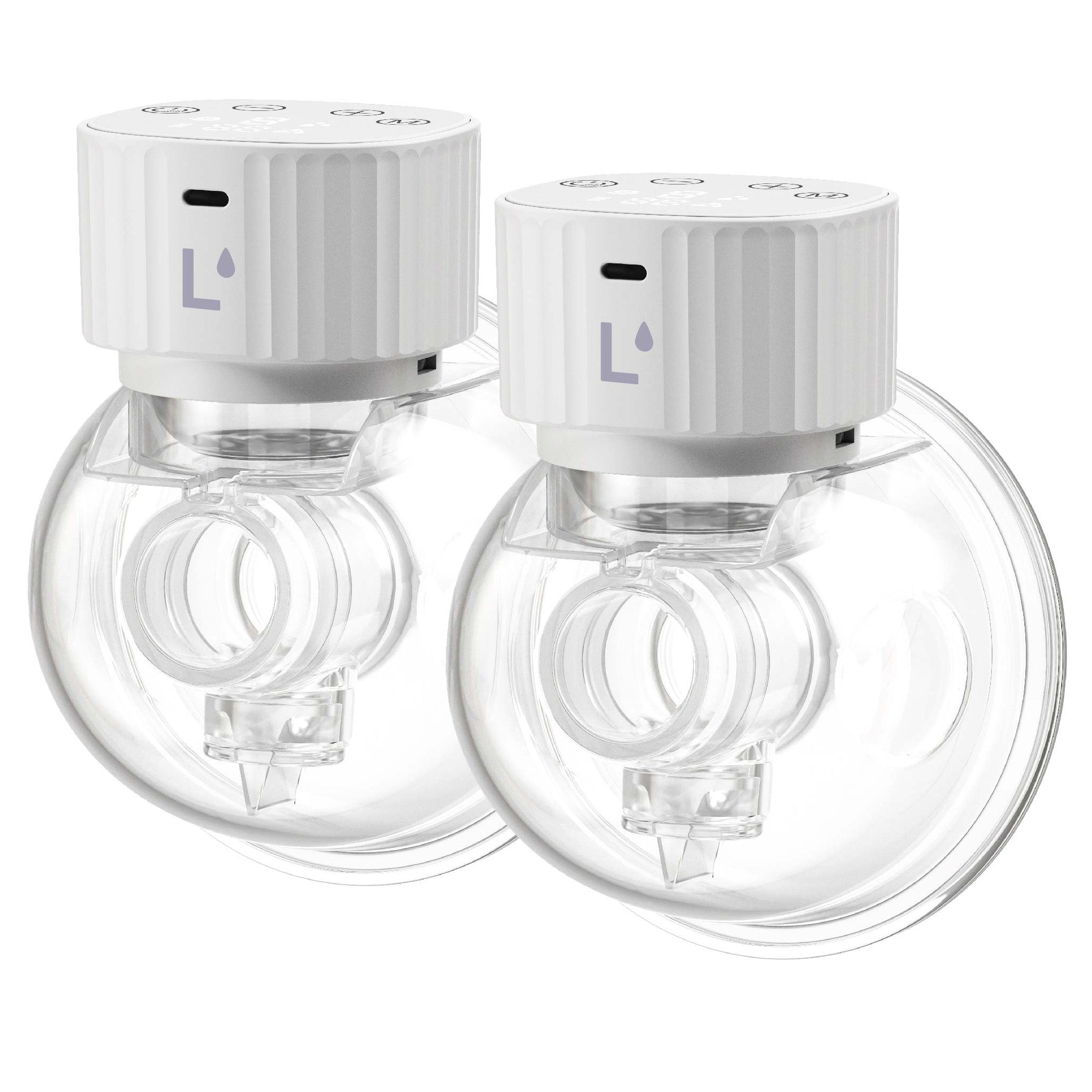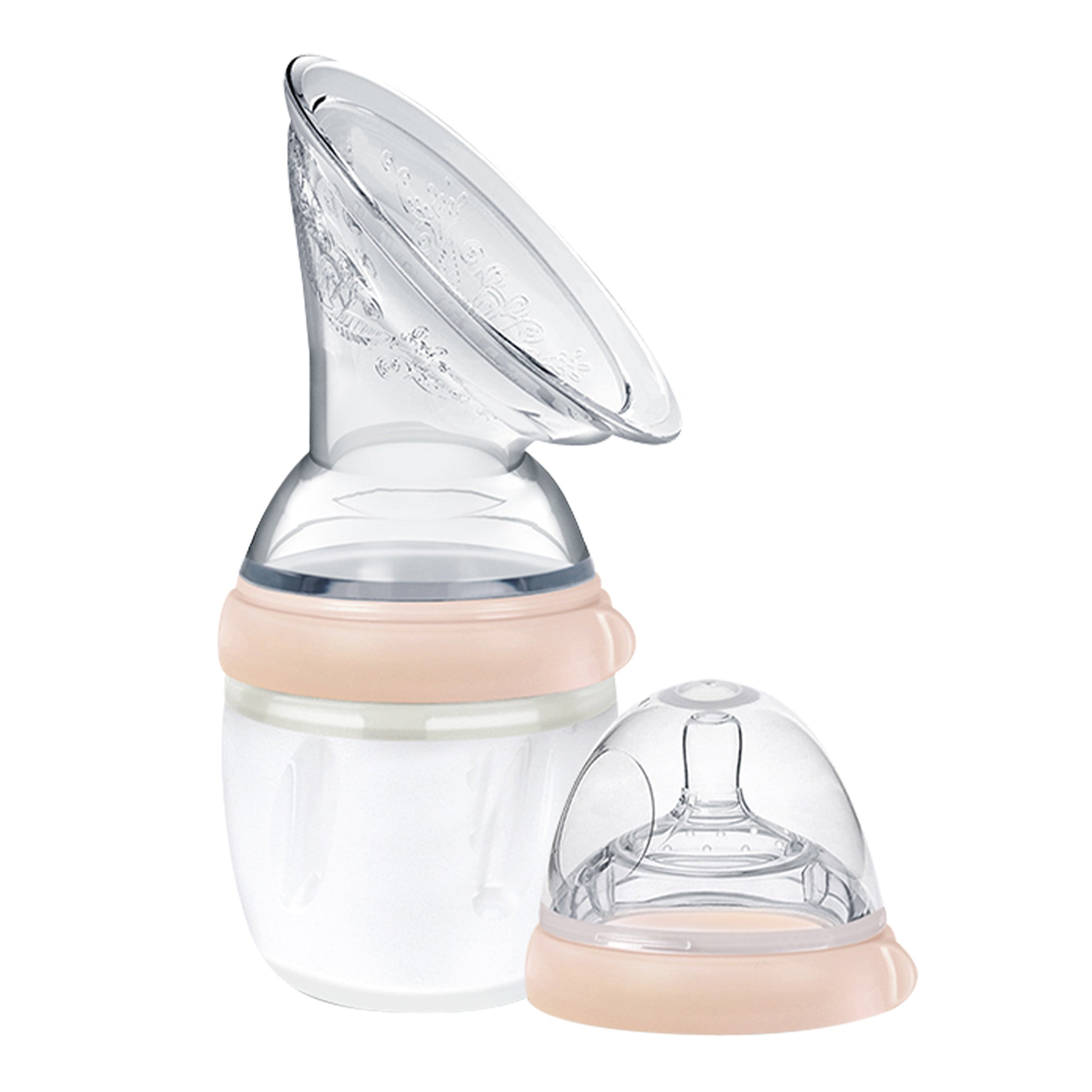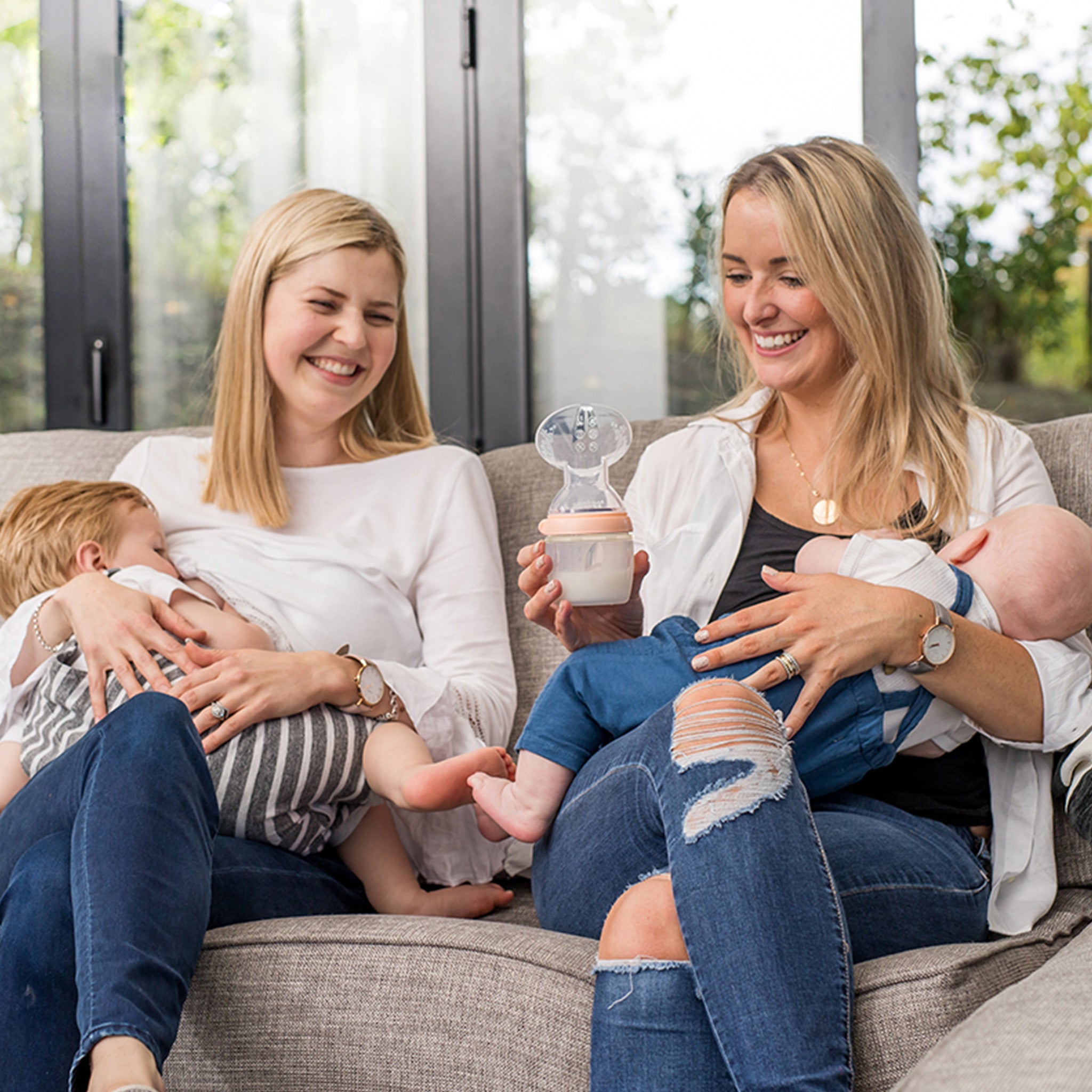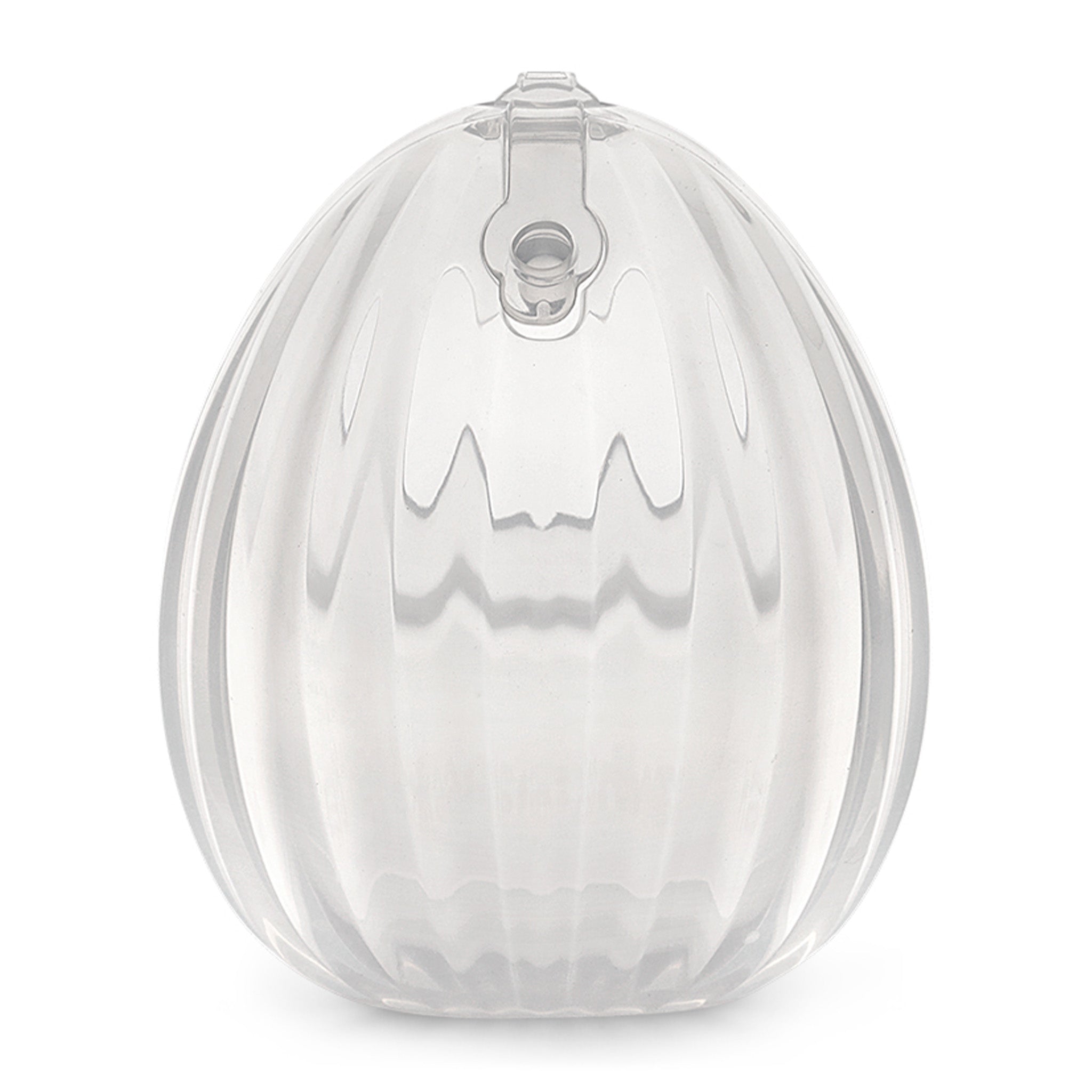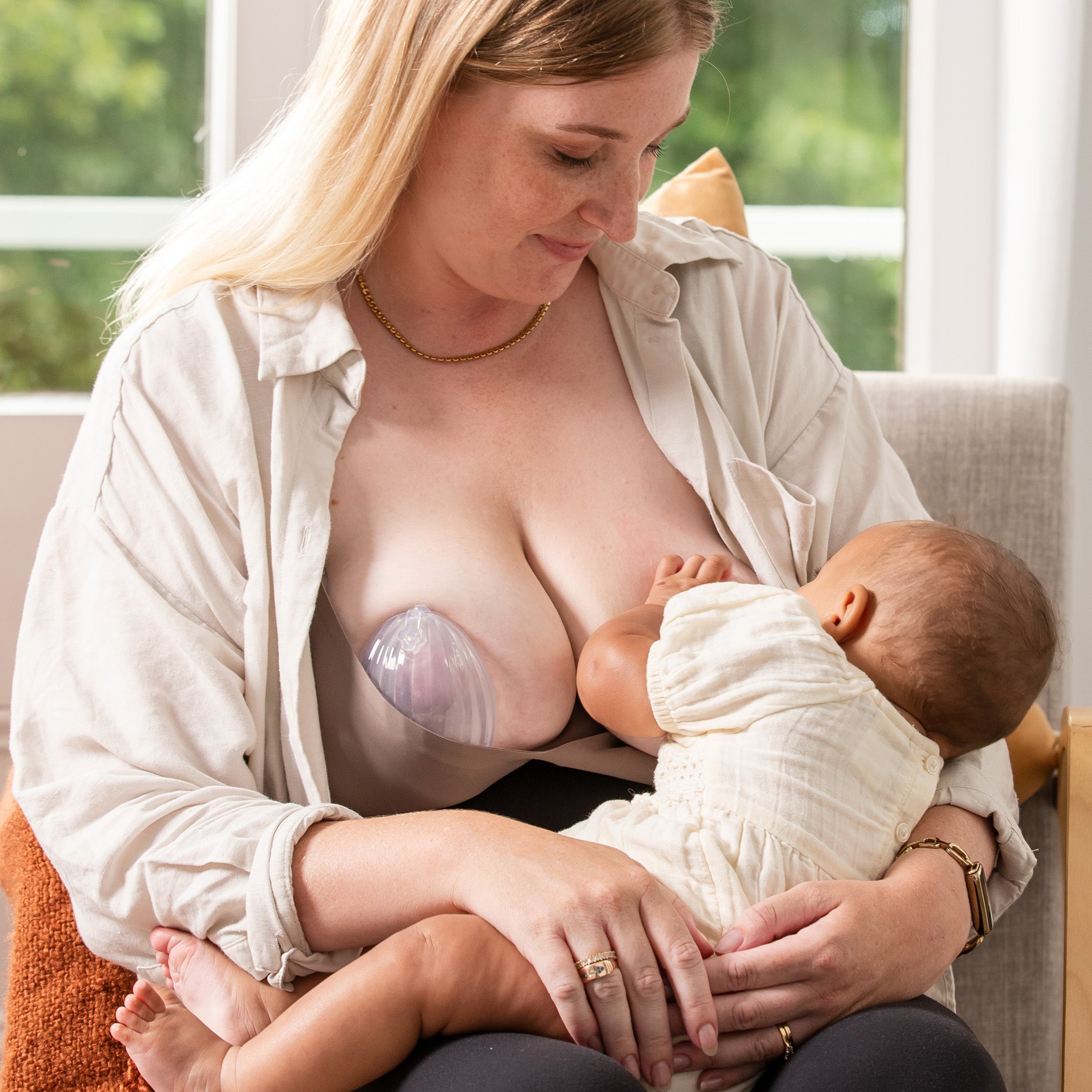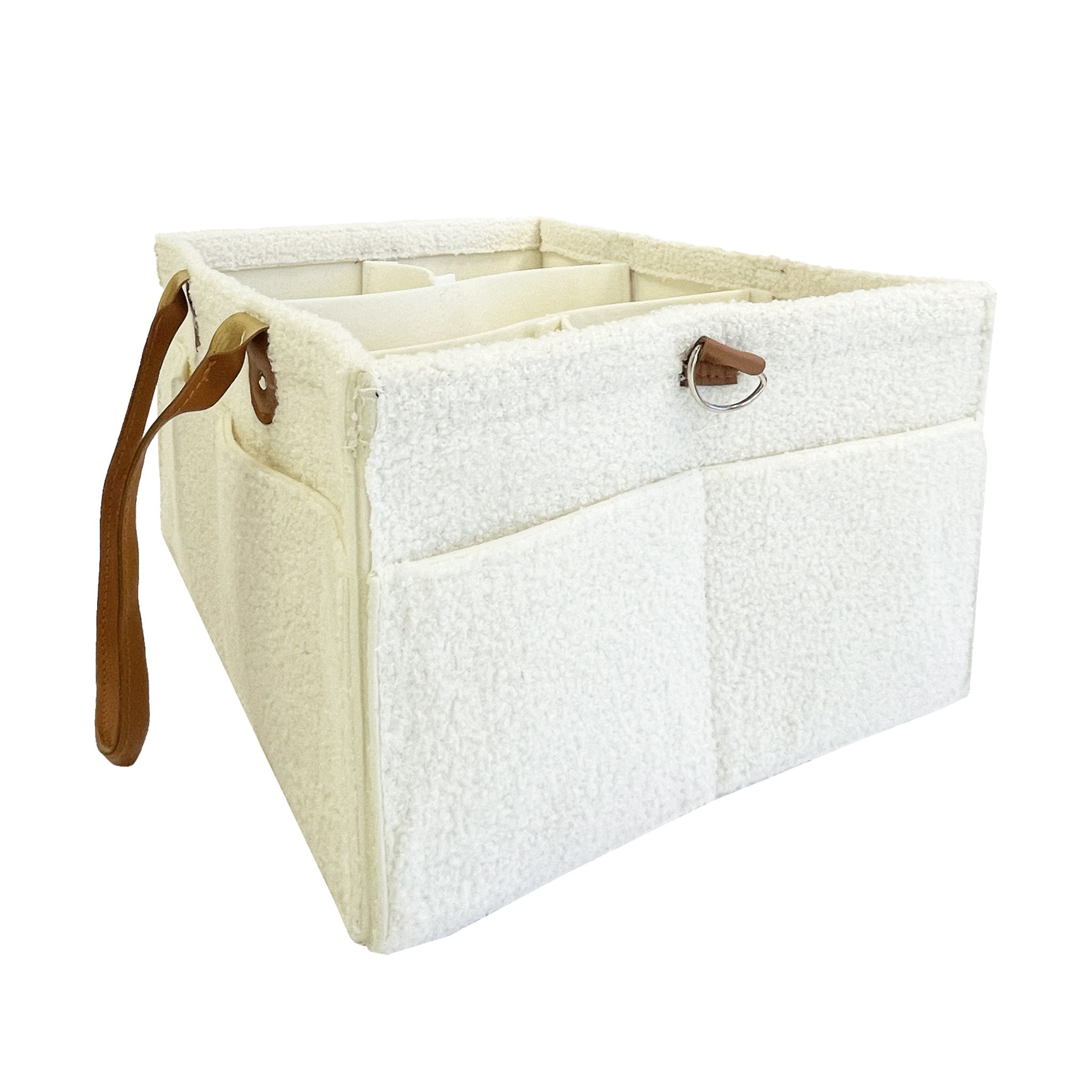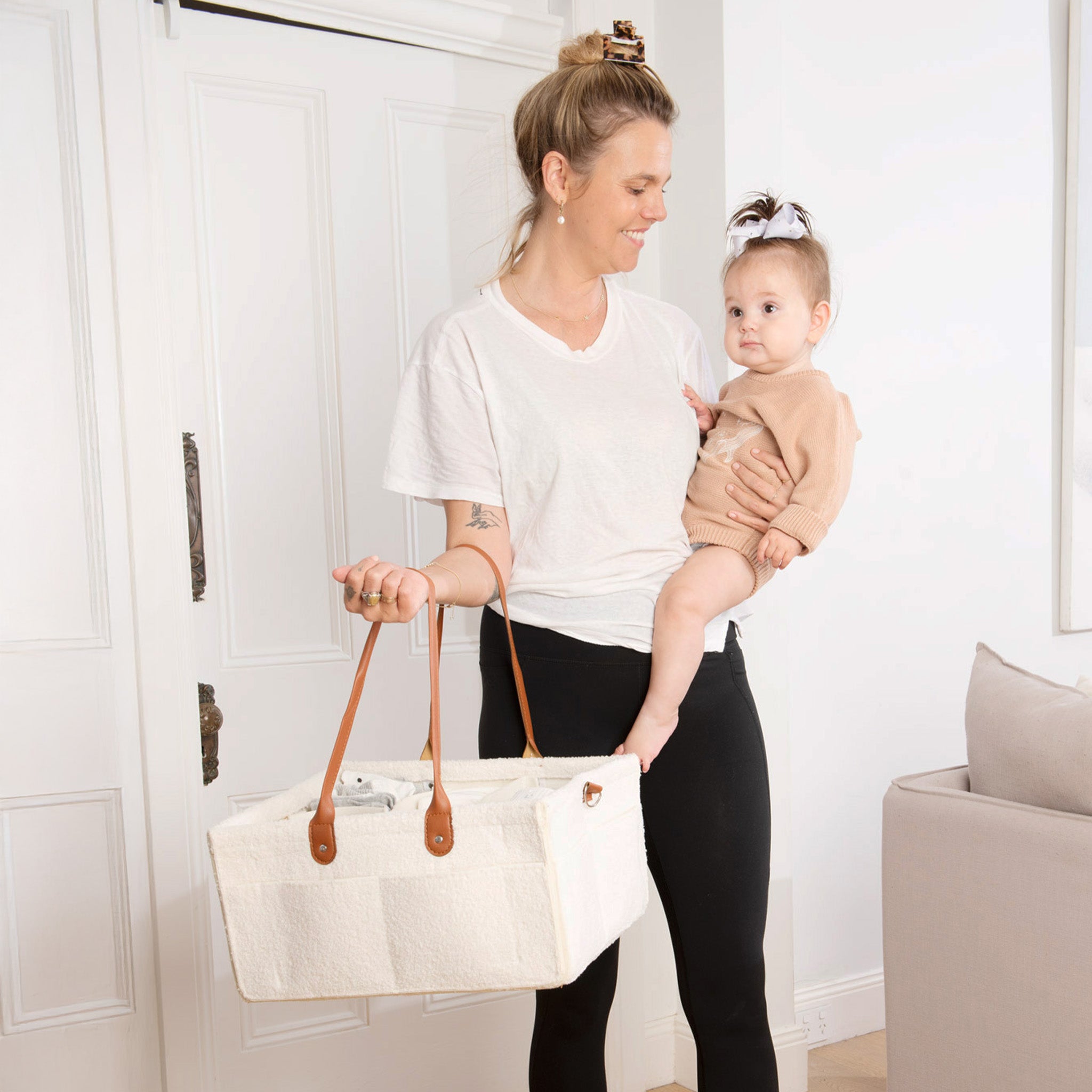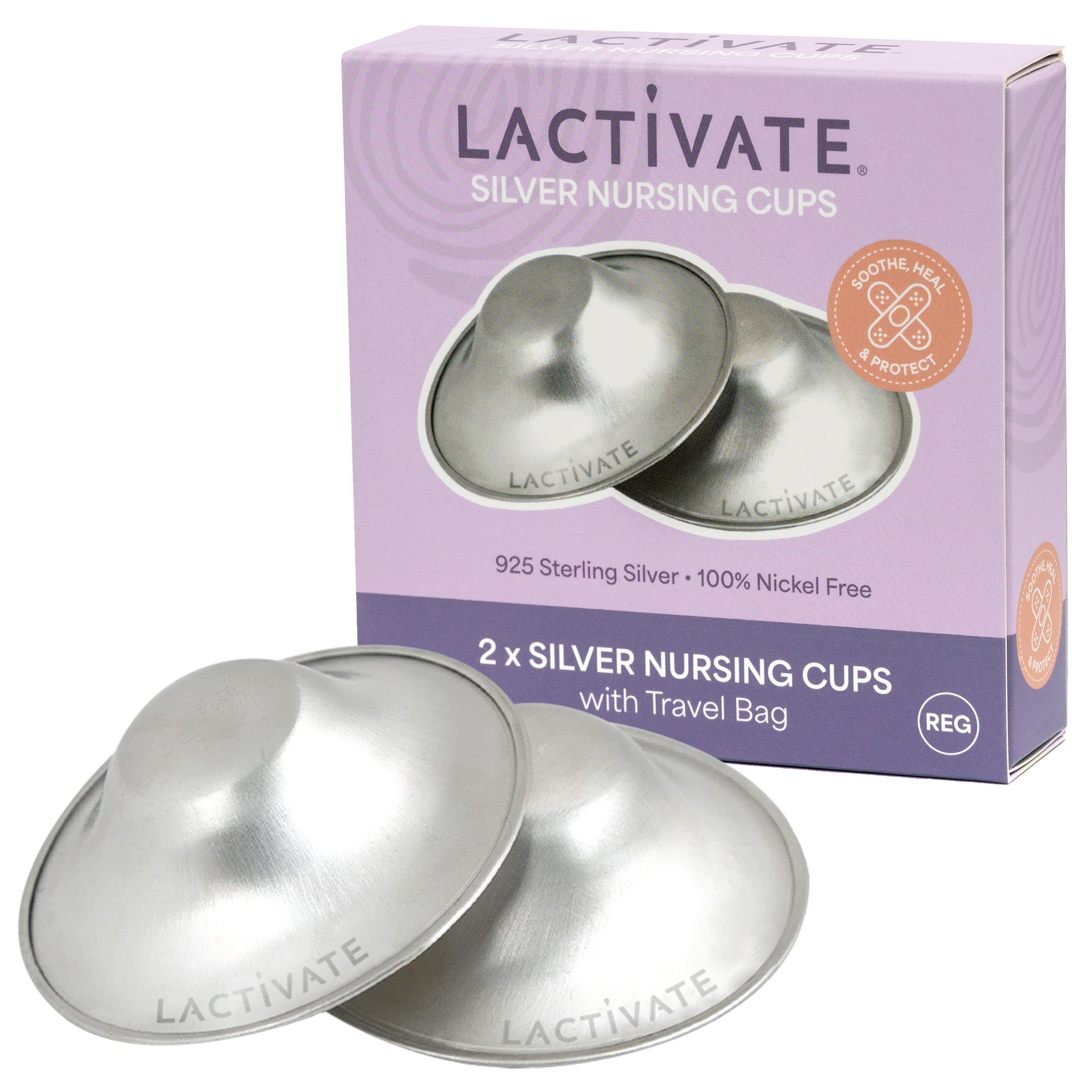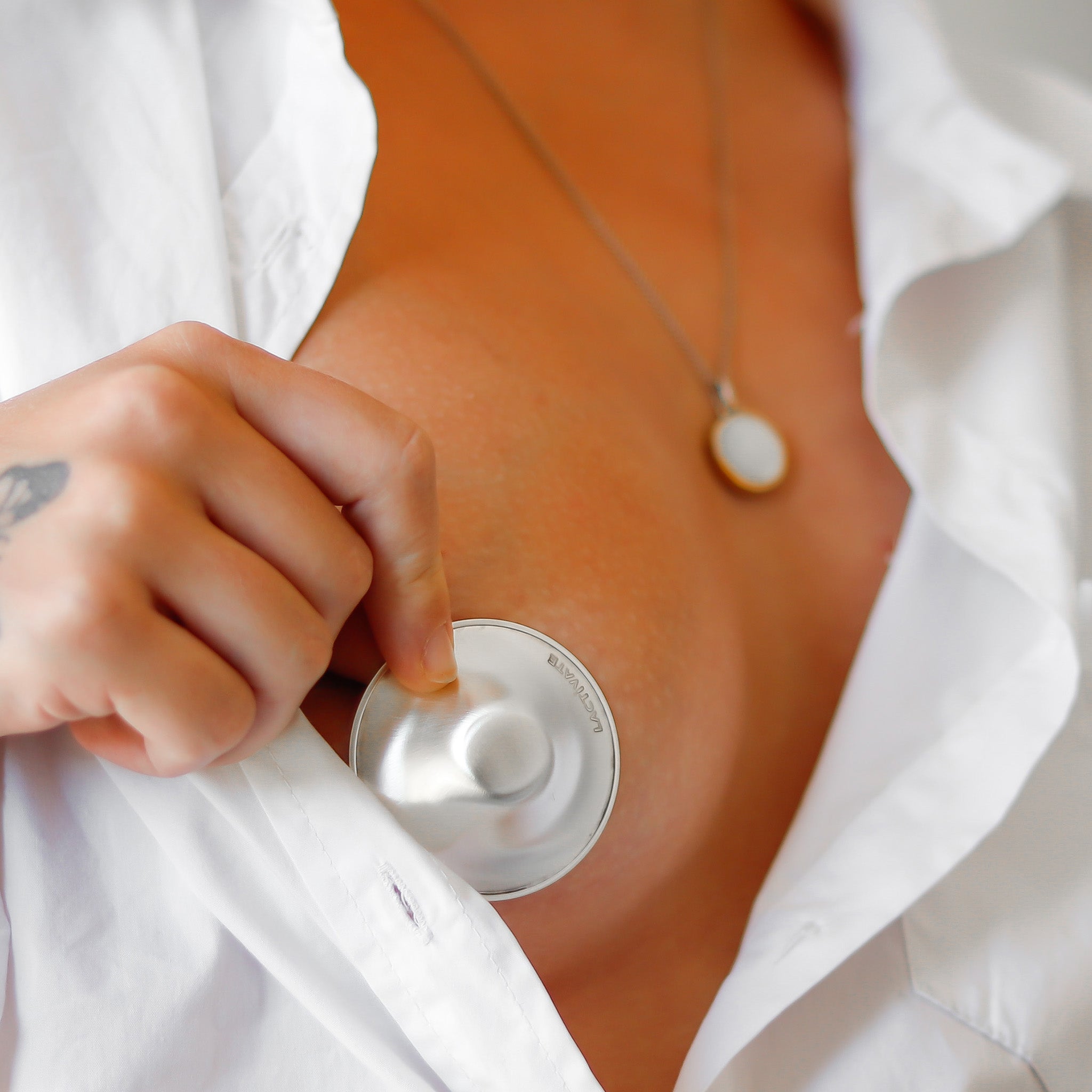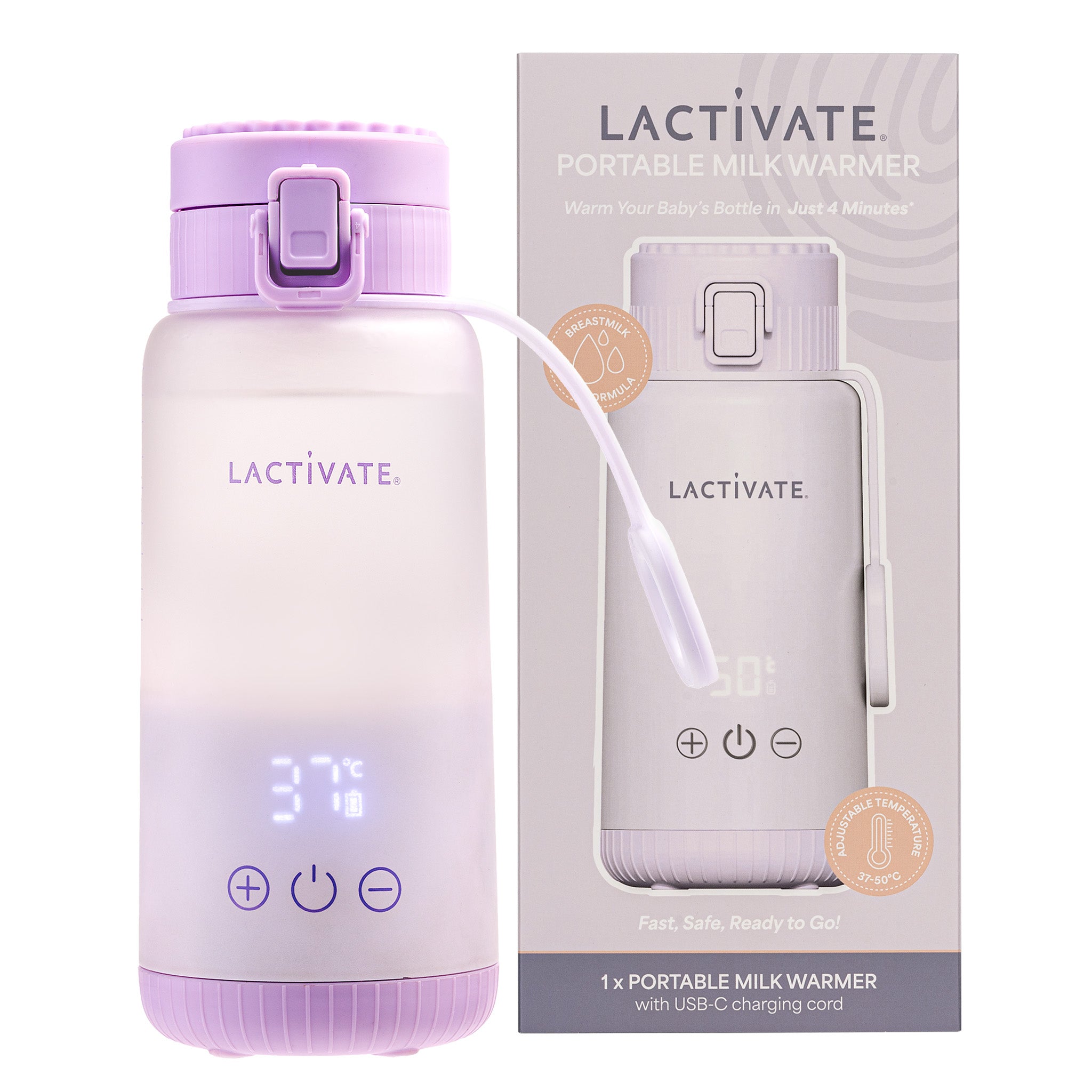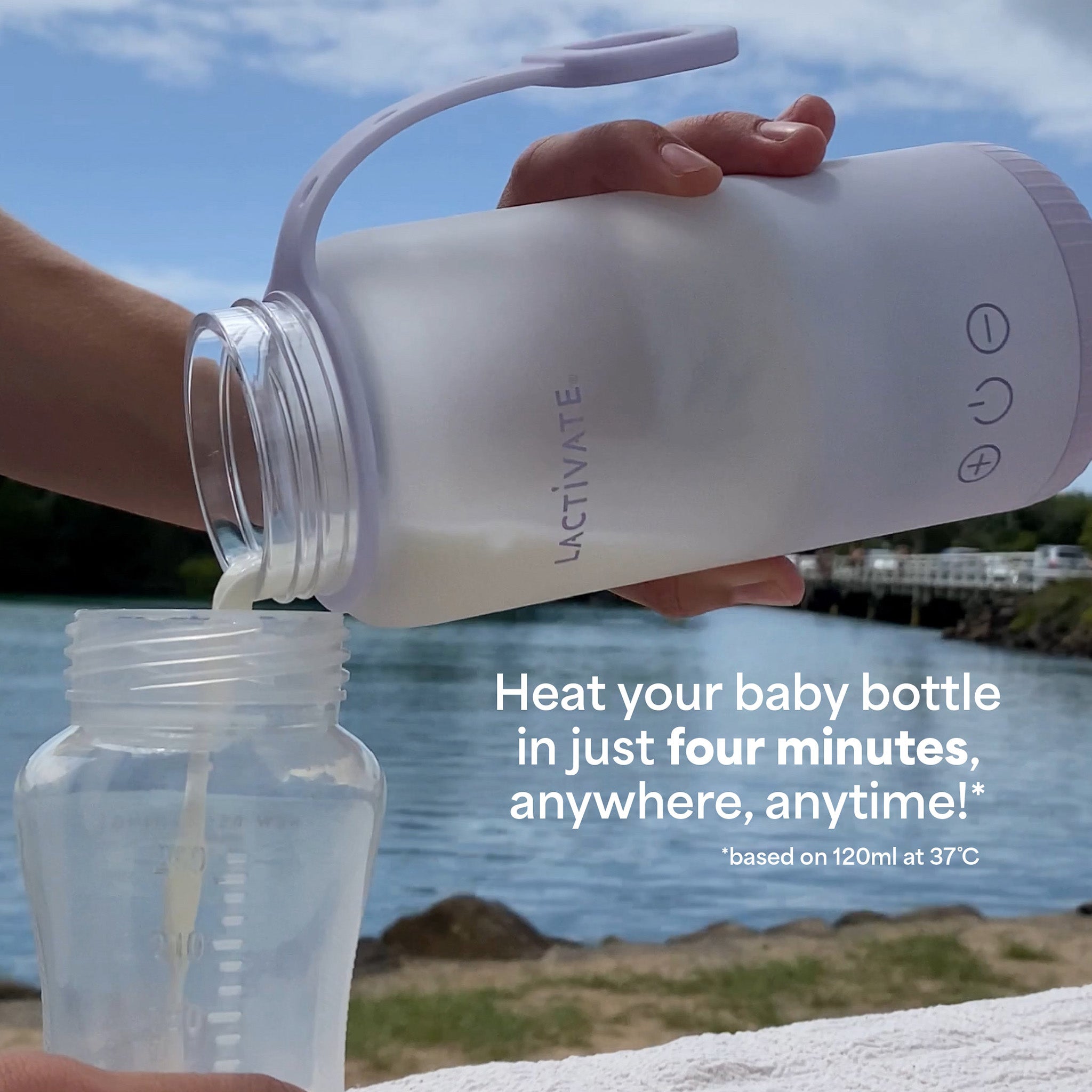Nothing snaps you out of a dreamy breastfeeding moment quicker than a nip to the nipple.
Biting while breastfeeding isn't uncommon but it can come as a huge (and painful) shock, the first time it happens.
Biting the boob that feeds them
Why do babies bite the booby that feeds them? A couple of reasons says IBCLC Natasha Lunn from The Boobala. "If a baby is properly latched at the breast, it’s virtually impossible to bite a nipple," Natasha says. "If they slip down the nipple however, there is greater chance a good munch is imminent."
Slipping or less-than-perfect attachment can be caused by a number of factors including teething, boredom, curiosity, your letdown or just a desire to grab mamas attention.
According to the Australian Breastfeeding Association, biting will usually happen at the beginning or end of the feed. This may be in response to waiting for your letdown or when they've had enough milk and/or are sucking for comfort. They're far more likely to slip down or relax their attachment when not actively drawing out milk meaning their teeth are no longer covered.

A teething toy?
Teething can sometimes cause your baby to clamp down, either to relieve some of the pressure on their tender gums or test out their new little toothy pegs. They may not realise what they're doing, especially the first time it happens but they'll quickly become wise to the reception it gets. "A lot of the time babies bite because they get such a funny reaction from us," says Natasha. "They now have an awesome way to get mum to hoot and holler and make a loud noise."
Some bubs with a brand new tooth may also decide to 'rest' it against your nipple. While not exactly a bite, it can leave marks behind and isn't exactly comfortable.

Image source: Mama Bear Milk Boosts/Jessica Mann for Morgan Carter Nguyen Milky Mama LLC
How to stop biting from happening
If your bub decides they'd quite like to take a nibble, it's important to 'nip it in the bud' (quite literally). Natasha recommends trying the following. "A good way to encourage babies to not bite, no matter what their age, is to immediately stop the feed when it happens," she says. "Tell them 'Stop, that hurts Mummy' and gently place them on the floor or stop breastfeeding and put your breast away." This will usually stop most babies and toddlers in their tracks. Natasha then advises following up with positive encouragement for non-biting behavior. "The next time you feed (either a couple of minutes later or at a later feed) offer positive encouragement when they have a good latch saying something like “That’s it, that doesn’t hurt, thank you'". This can help get the message across very clearly that mummy doesn't want to be bitten and that biting comes with consequences.
If your bub is teething and experiencing sore, tender gums, it can help to offer a cold face cloth or teething toy from the fridge to chew and gum on either before or between feeds. We love the Haakaa Silicone Teething Ball and Fresh Food Teether for ouchy little mouths.
Pictured: Haakaa Silicone Teething Ball
Pictured: Haakaa Fresh Food Feeder and Cover Set
Cracked and sore nipples?
Cracked and sore nipples due to breastfeeding, especially when first establishing breastfeeding, can be extremely uncomfortable and painful. We highly recommend using the Lactivate Silver Nursing Cups to help facilitate with healing. You can read all about it here.
How to soothe and heal a bitten nipple
The best way to heal a bitten or damaged nipple is with your own milk. Natasha recommends expressing some breastmilk onto your nipple and wiping over the affected area before air drying. If the damage is more extensive or doesn't seem to be healing, you may need to see your doctor for a topical ointment.
For more info on healing damaged nipples, check out our article HERE.

